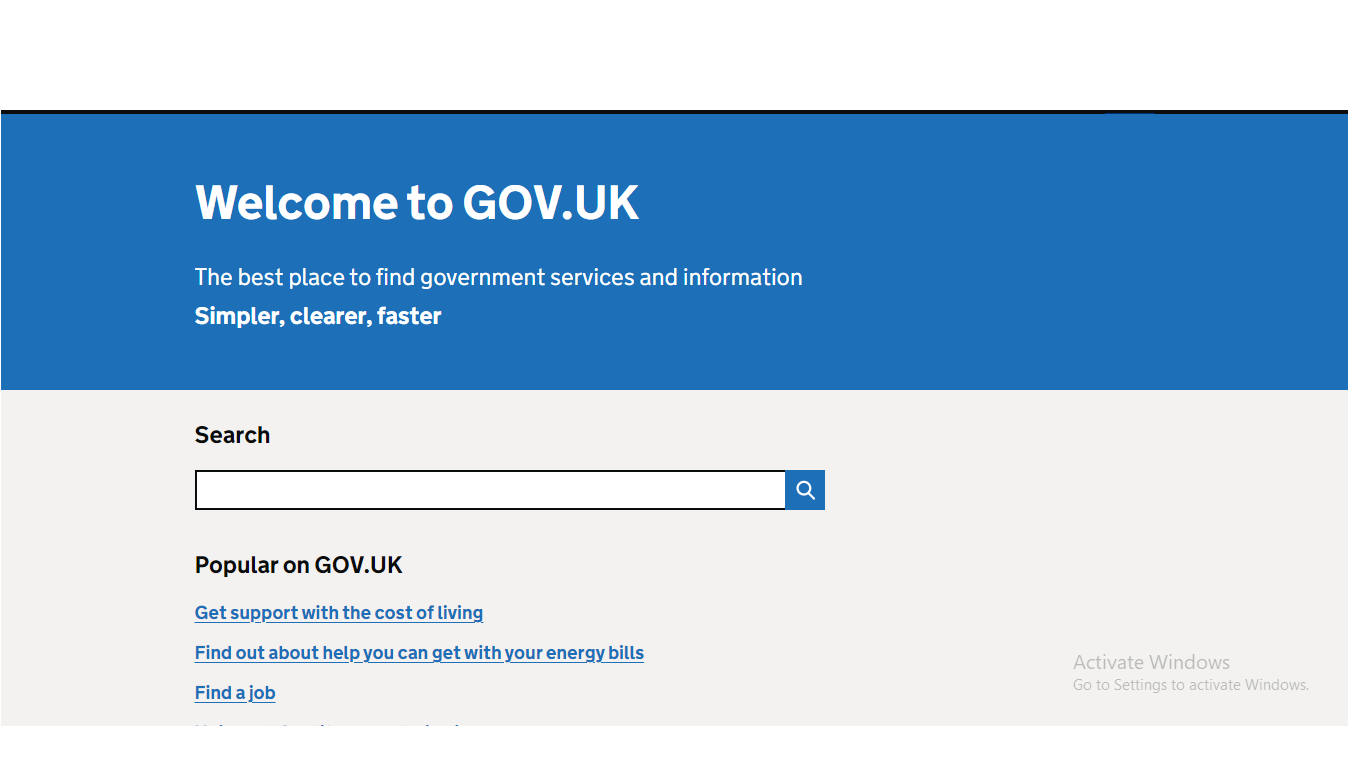Have you ever thought of starting/completing your studies abroad? Germany might be the place for you. With its tuition-free education, cheap housing, and an extensive community of Nigerian students, Germany is the perfect European country to school in.
Germany boasts one of the best educational systems in Europe, with education being compulsory for its citizens, from primary to tertiary education. In 2014, a bill was passed making tertiary education in Germany nominally free; luckily, this privilege is exclusive to Germans and non-Europeans.
Although non-Europeans can study in Germany for free, they still have to pay for a study or residence permit. Compulsory education, according to German Basic law, is a fundamental right of every child in Germany. The children are expected to start school once they reach the age of six, and they would have to complete nine-to-ten to ten years of full-time schooling at any institution of their choice.
Found a German university you would like to study in? Here are a few steps you could take to make your dreams of studying overseas come true:
- Find a German Embassy near you: Before beginning the application process, you must first find a German diplomatic mission that processes student visas. After finding one, you can start the application process.
- Apply for a Study Program: The first and most important step you have to take before applying for a student visa is to apply for a study or vocational program in Germany; this step is essential as you must present proof of admission as a part of the visa application. If you have already applied but have gotten no response, you can apply for a student application visa instead.
- Make an Appointment: Once you have successfully located the nearest German embassy in charge of visa processing, make an appointment to submit your application. Depending on the embassy workload, the visa processing can take between 3 to 34 weeks to be completed, so be patient.
- Gather the Required Documents: These usually include your passport, educational qualifications, proof of financial support, and other essential documents.
- Submit your application: After submission of the documents at the embassy, you will be required to submit your biometric(fingerprint) data.
- Pay your Visa Processing fee: The German student visa is EUR 75 or NGN 65,880.16— the visa fee is reduced to EUR 37,50 for minors or NGN 32,943.40. This amount must be paid in cash at the embassy.
- Please wait for a response. The student visa takes about six weeks to be processed after the interview. Before then, you must show that you can financially support yourself in Germany. A minimum of EUR 11,208 or NGN 9,847,026 is expected to be deposited in a blocked German bank account to prove you are financially capable.
If your application gets approved, you must register your address on arrival in Germany, apply for health insurance, and get a student residence permit.
Good luck.
